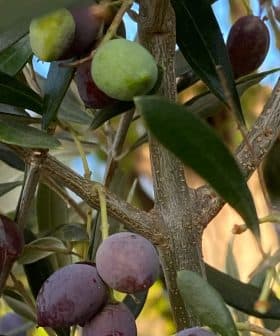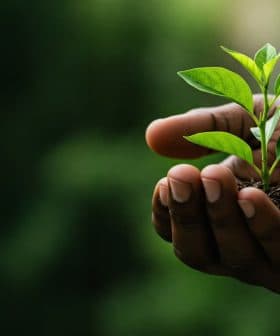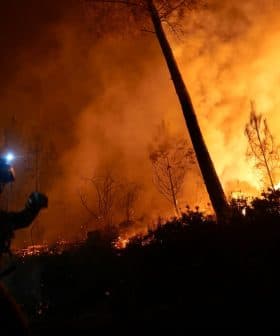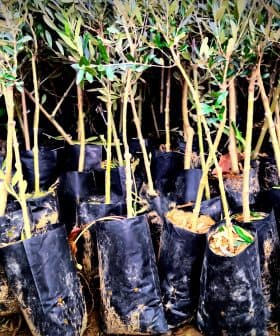Groundwater Resources Recharge Faster than Previously Estimated
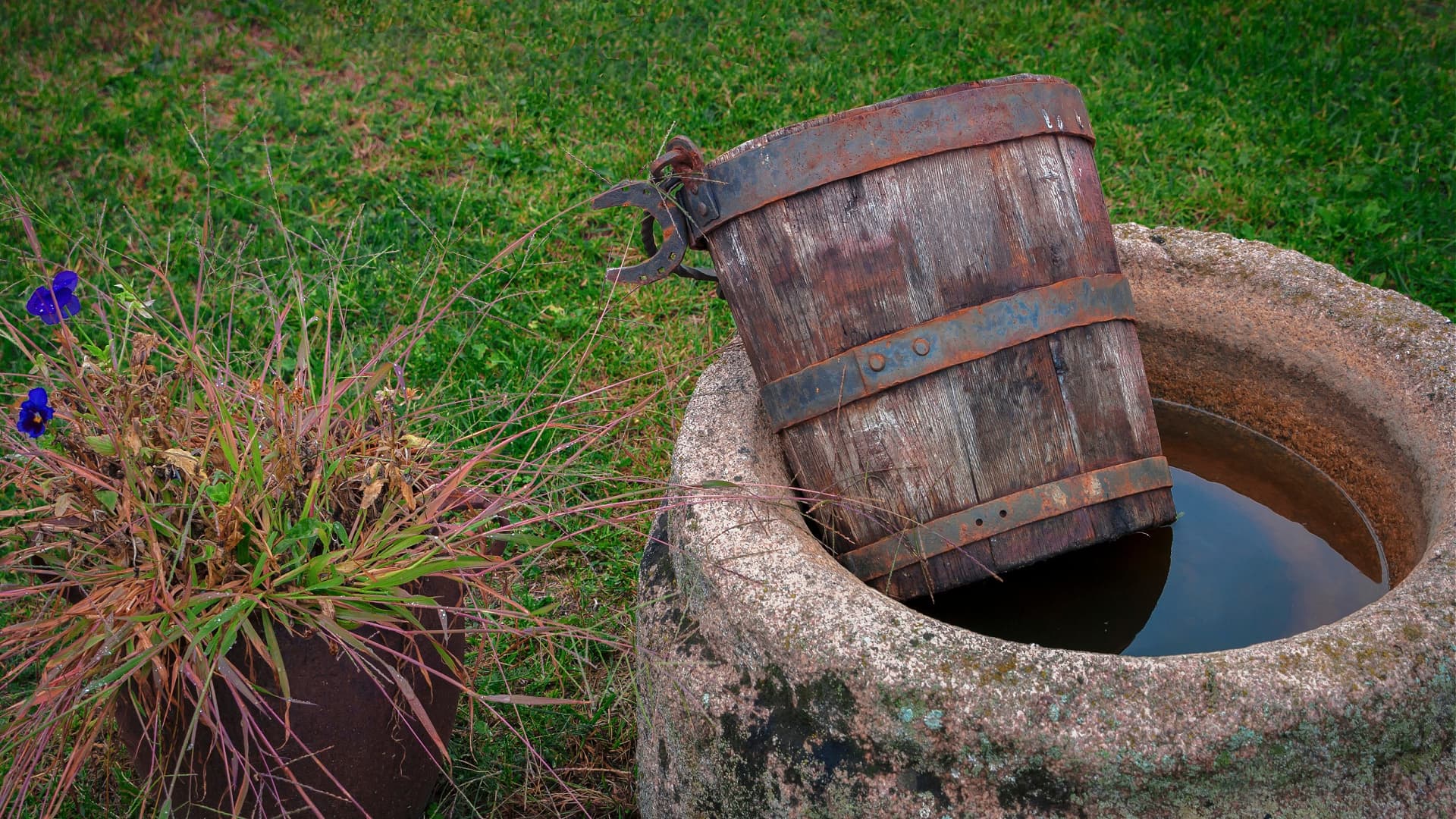
New research shows that groundwater resources replenish at a faster rate than previously thought, playing a significant role in evapotranspiration and streamflow. The study highlights the importance of understanding groundwater recharge rates in order to assess the impacts of climate change and ensure sustainable use of this crucial global resource.
New research published in the Geophysical Research Letter Journal sheds light on the connection between groundwater and surface water fluxes. The results show that groundwater resources replenish at a significantly faster rate than previously thought.
The findings also hint at the significant role played by groundwater resources in evapotranspiration and streamflow. Such knowledge should improve current and future groundwater assessment.
Groundwater resources play a crucial role in sustaining farming activities and drinking water availability around the globe.
See Also:Report: Food System Reform Can Reverse Deforestation and DesertificationThe team of American and European scientists noted that the rate at which precipitations replenish groundwater storage directly impacts sustainable groundwater use.
“Groundwater is an invaluable global resource, but its long-term viability as a resource for consumption, agriculture and ecosystems depends on precipitation recharging aquifers. How much precipitation recharges groundwaters varies enormously across Earth’s surface, yet recharge rates often remain uncertain,” the researchers wrote.
To measure groundwater resource recharge rates, the researchers designed a calculation model based on available regional groundwater measurement data from six continents. That model showed how climate determines groundwater recharge rates, especially aridity and precipitation.
Using the climate aridity parameter, the scientists found that the global recharge rate of groundwater resources happens twice as fast as previously estimated.
The paper’s authors explained that their findings show a higher-than-estimated percentage of groundwater returning to the surface via river flow or when used by vegetation.
The higher recharge rates suggest that natural phenomena, such as evapotranspiration and streamflow, depend on groundwater much more than previously thought. This result is especially evident when compared to the contribution of other surface fluxes, such as overland flow, shallow subsurface flows and soil-moisture-fed evapotranspiration.
Consequences of the study could include the ability to assess the impacts of climate change on groundwater recharge, which is considered highly uncertain and has not been globally quantified by current models.
“Strengthening the groundwater connection to surface fluxes in these models is essential, given that models are the foundation of our understanding of our planet and underpin present-day environmental science and policymaking,” the authors wrote.
Finally, the scientists warned that their findings do not disregard the current understanding of groundwater overuse and the risk it represents for global water security. “Groundwater overuse results in storage depletion and declining water levels that have been robustly documented in (…) arid areas across the globe,” they wrote.


